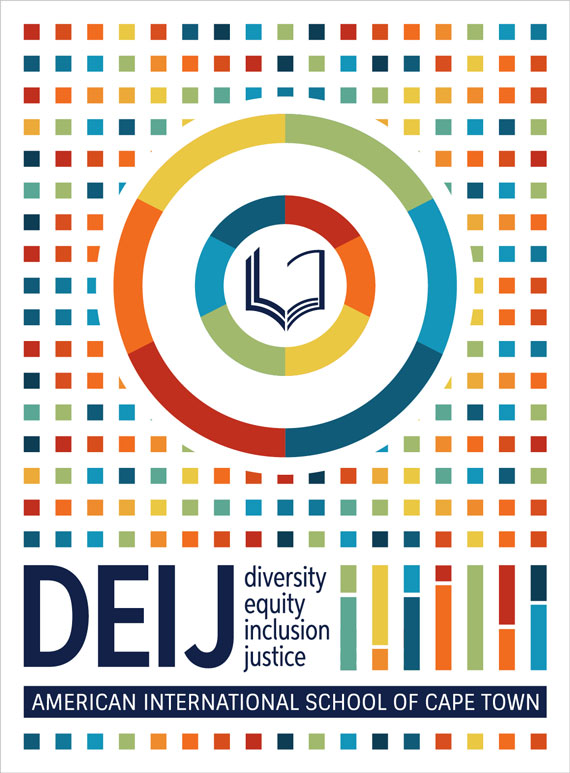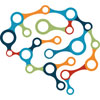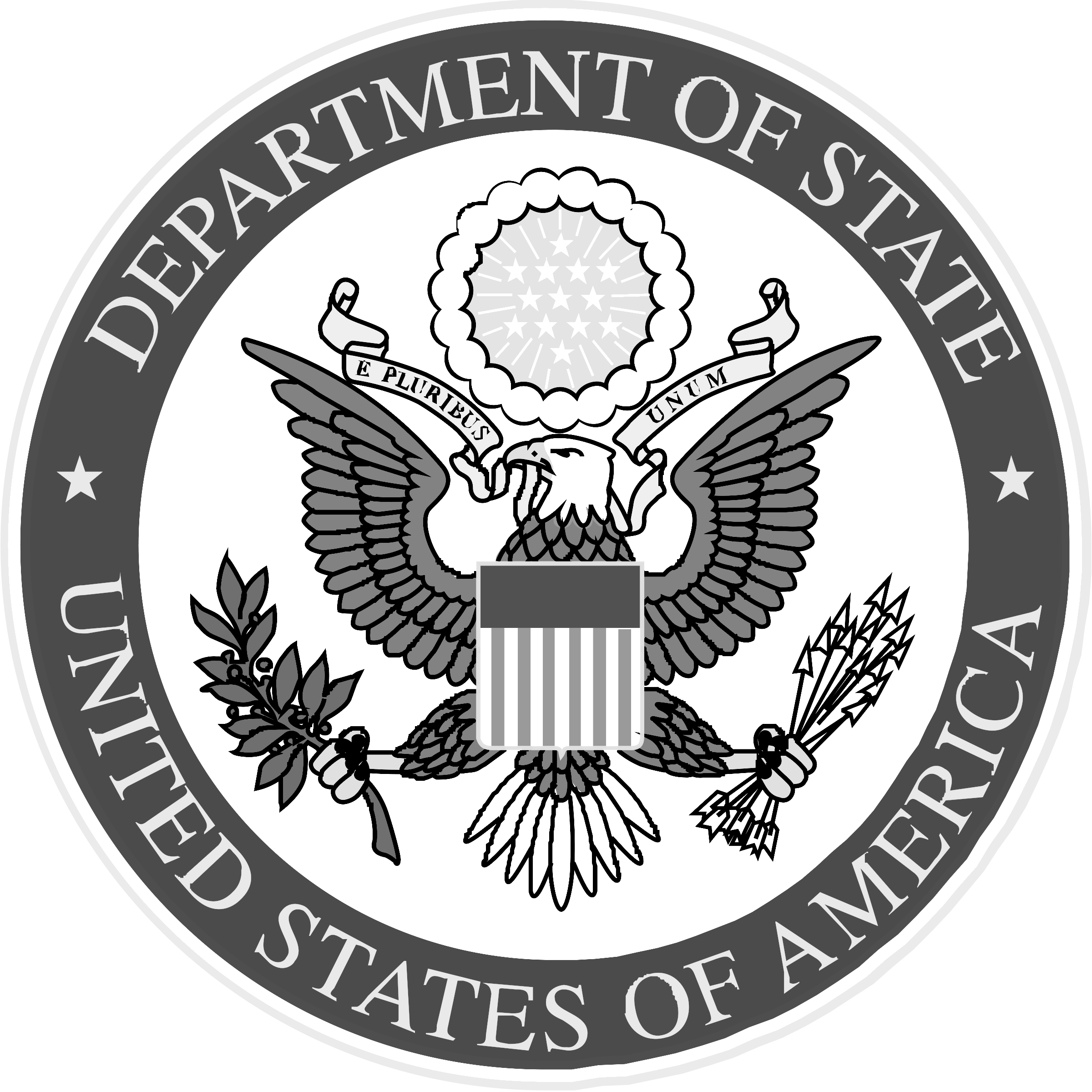
Diversity, Equity, Inclusion, and Justice (DEIJ) Position Statement
AISCT is a “diverse learning community providing students the opportunity and confidence to positively impact the world.”
The work of diversity, equity, inclusion, and justice is the responsibility of every member of our community. We also recognize that we live in an ever-changing world, and that our understanding of, and support for, diversity, equity, inclusion, and justice must grow and continually evolve in order for all to belong.
Our DEIJ Philosophy
We have a responsibility to value individual differences and provide a safe space where all members of the school community feel a sense of belonging.
We believe a diverse, inclusive, and equitable school community is critical for all of us to participate in a complex and interconnected society. We aim to create and sustain a safe and welcoming community.
All aspects of school life – including curriculum, admissions, human resources, support for students, families and staff – reflect our commitment to impacting positive change.
Belonging: Defining Diversity, Equity, Inclusion, and Justice
When diversity, equity, inclusion, and justice are interconnected, members of our community have a sense of belonging where every person feels welcome, valued, and heard.

Diversity
Diversity refers to the range of human differences, including but not limited to race, ethnicity, gender, gender identity, sexual orientation, age, social class, physical ability or attributes, cognitive abilities, religious or ethical values system, national origin, and political beliefs.

Equity
Equity refers to fair and just practices and policies that ensure all campus community members can thrive. Equity is different from equality in that equality implies treating everyone as if their experiences are exactly the same. Being equitable means acknowledging and addressing structural inequalities – historic and current – that advantage some and disadvantage others.

Inclusion
Inclusion refers to a campus community where all members are and feel respected, have a sense of belonging, and are able to participate and achieve their potential.

Justice
Justice is about fairness, balance, and “dismantling those barriers to resources and opportunities in society so that all individuals and communities can live a full and dignified life.” Justice requires that we acknowledge how the history of our communities, institutions, and society has shaped the present, and that we use this understanding to build a better future.

An Inclusive Education Model
Diversity and inclusion in the curriculum fosters exploration of identity and the development of key cultural competencies. It exposes students to a wide range of ideas and experiences, examining and challenging preconceptions and exploring different ways of thinking. It prepares students to be active agents of their world.

Respect for Different Values and Beliefs
The school is a safe space that embraces and celebrates differences and encourages open-minded communication, which comes from mutual respect for one another and the community as a whole.

DEIJ Policies
Justice is about fairness, balance, and “dismantling those barriers to resources and opportunities in society so that all individuals and communities can live a full and dignified life.” Justice requires that we acknowledge how the history of our communities, institutions, and society has shaped the present, and that we use this understanding to build a better future.











